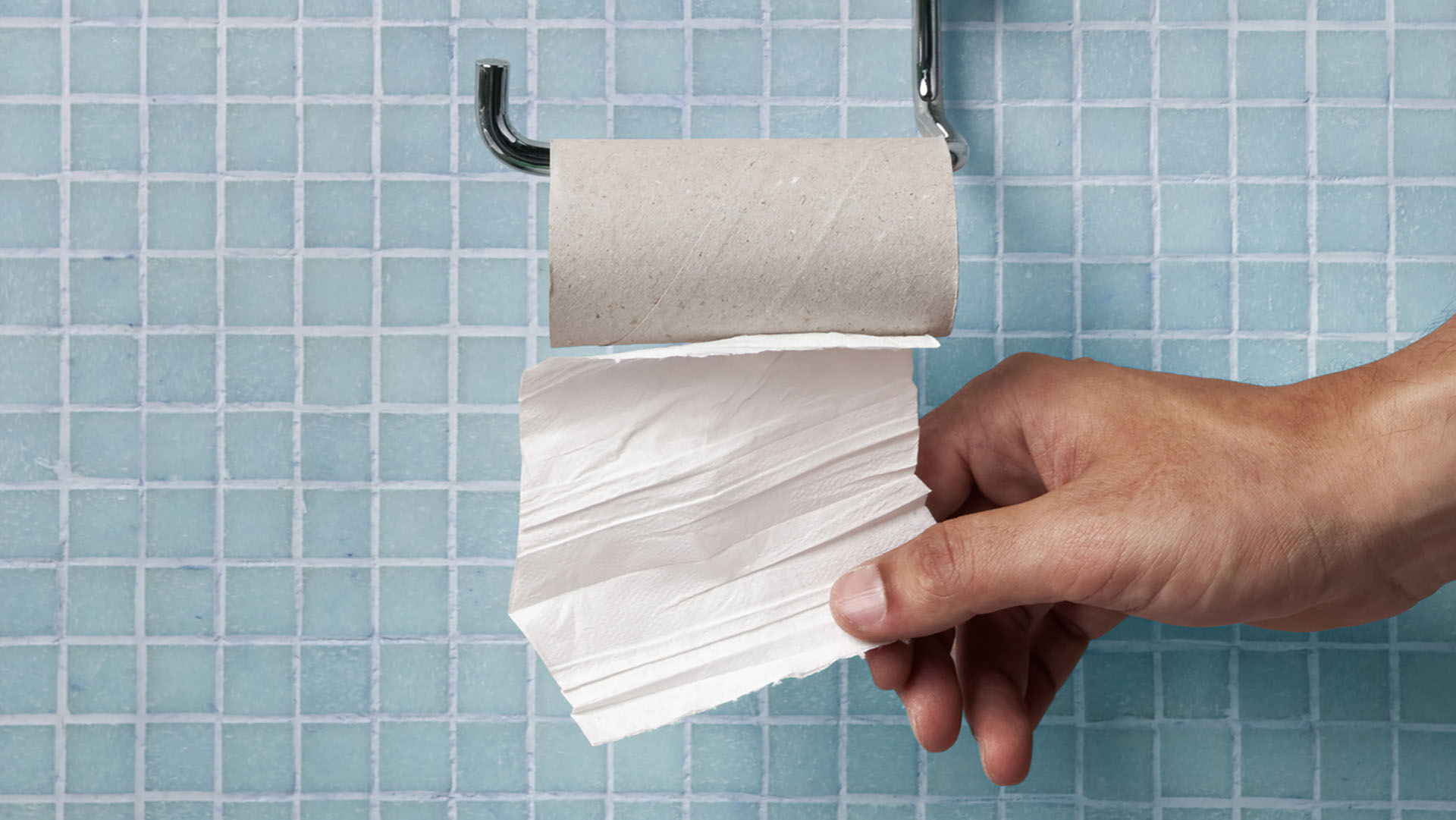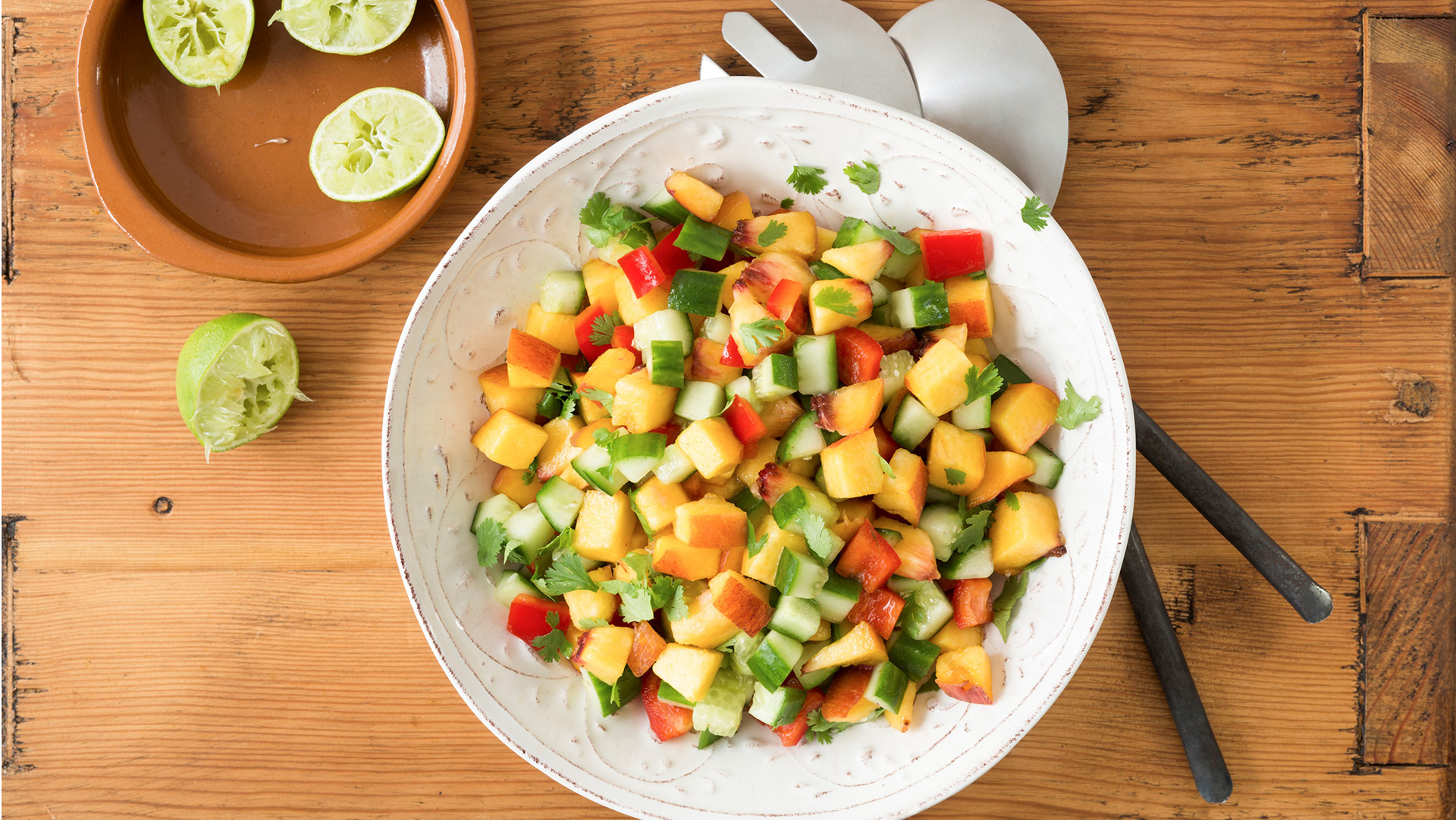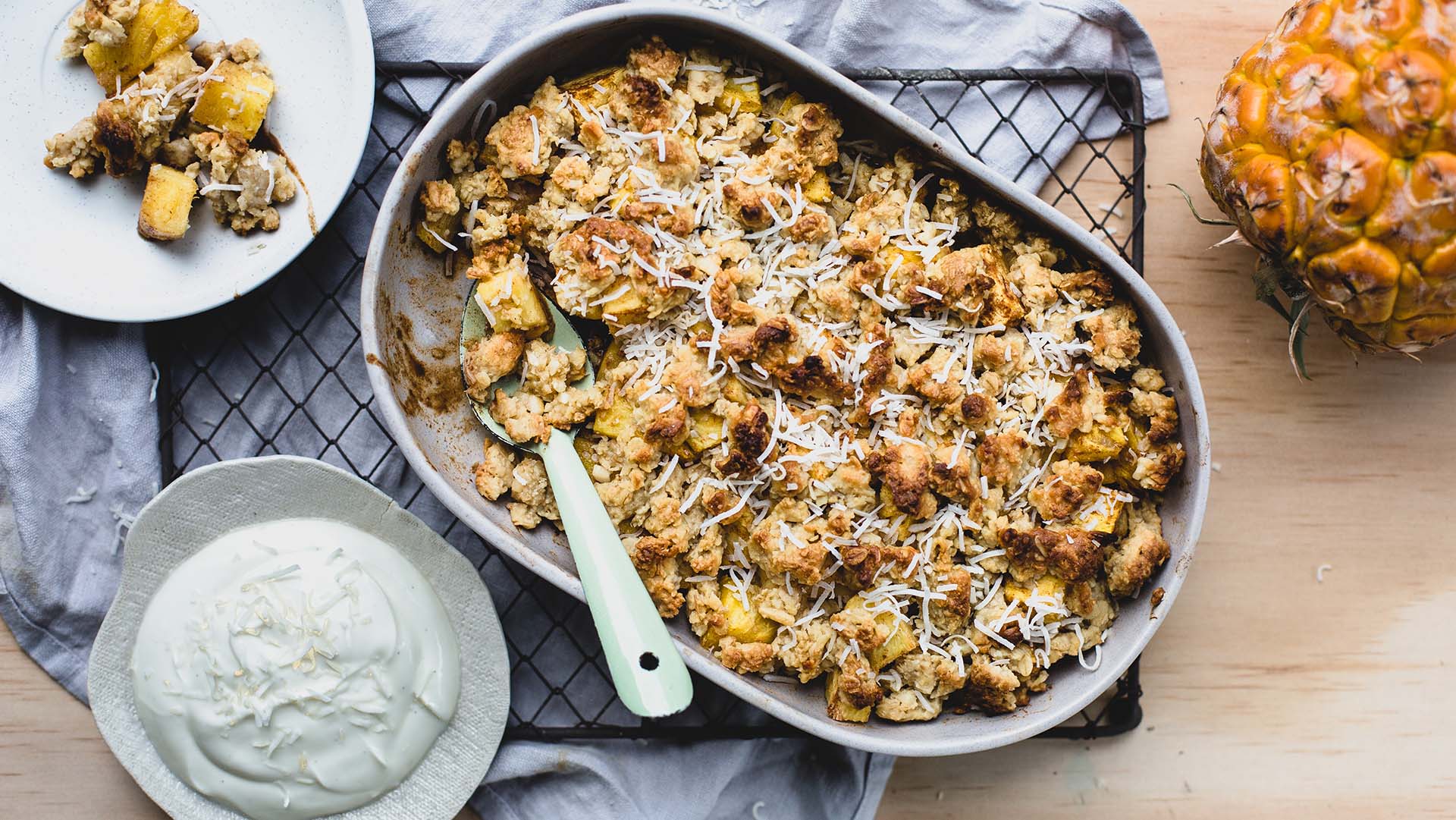-
Some people are like clockwork and others struggle. How often we go to the toilet to use our bowels varies greatly and so does what is considered normal and healthy.
Normal pooing frequency can be anything from three times a day to once every few days. You are not necessarily constipated because you haven’t had a bowel motion for a day. However, constipation (which is infrequently passing hard, small poo with some straining) is a common medical complaint.
Improving your diet can result in increasing your bowel frequency. For some people, this will result in less bloating, abdominal pain and discomfort, compared with irregular bowel use.
Here are a few ways you can encourage more regular movement:
1. Boost dietary fibre
Fibre can be boosted by including:
• Fruit, preferably two serves per day.
• Plenty of vegetables, aiming for five servings per day. Have salad in your sandwich, tomato and mushrooms with your breakfast eggs, and try to make half your plate full of vegetables at night.
• Breakfast cereals with 7 g or more of dietary fibre per 100 g.
• Wholegrains like brown rice, freekeh, wholegrain bread.
• A handful of nuts per day.
• A tablespoon of chia seeds (they soak up lots of water).
• A sprinkle of seeds on your salad.
"Normal frequency can be anything from three times a day to once every few days."
2. Increase fluid
Water should make up most of your fluid intake. Looking at your urine will help you determine if you have had enough to drink. The urine should be fairly clear in colour, like pale straw. Try having a glass of water each morning, after going to the toilet during the day (as a good prompt) and when exercising.
3. Feed good gut bacteria
You have a unique colony of bugs in your gut and you need to look after these. You can add to them with foods that contain probiotics like yoghurt and kefir (yoghurt drink) and feed the ones you have with dietary fibre called prebiotics. Prebiotics are indigestible parts of plants that bacteria in the gut feed on, like some fibre in bananas, onions, wheat bran and garlic. A healthy gut flora can also improve your immune system as well as your bowels.
4. Don't rely on laxatives
Laxatives shouldn’t be taken to try to stimulate the bowel if you don’t poo every day. The bowel is a muscle and likes to work to keep strong. Having a high fibre diet with plenty of water gives bulk to the stools that then push on the large intestine wall, stimulating gut movement. This pushes the stools along.
5. Be active
Being active can also help with regular bowel movements, as the bowel muscles can be stimulated along with other muscles when exercising. You may find after going for a walk or run that a bowel motion is not far away.
6. Try to relax
Relaxing and choosing a routine time of day to go to the toilet can also be helpful for those finding they do not visit the loo as often as they may like. The bowels seem to respond to stressful situations. Some people may experience loose bowels and others shut up shop.
A change of environment like a holiday can mean a change of bowel routine for some people. Keep up your fibre and water, stand up and stretch and walk around if on long plane flights.
Whatever your frequency, any major changes in your bowel habits should be discussed with a health professional.
How often should you poo?

-
Is sharing a meal the secret ingredient to a happier life?
Why social connection may be the most important ingredient on your plate.
-
Chicken soup with parmesan, rice, peas and lemon recipe
Nourishing chicken soup
-
The best immunity-boosting foods
Key nutrients to focus on that could help to boost your immunity, and the how to get them.
-
Comforting chicken noodle soup
Packed with anti-inflammatory ingredients including leek, garlic and ginger, this chicken noodle soup is hearty, full of goodness and great for any night of the week.
-
Peach salsa recipe
Zesty and unusual peach salsa recipe
-
Pineapple gingerbread crumble recipe
A summer riff on a winter classic.
Subscribe to receive the best from Live Better every week. Healthy recipes, exercise tips and activities, offers and promotions – everything to help you eat, move and feel better.
By clicking sign up I understand and agree to Medibank's privacy policy






